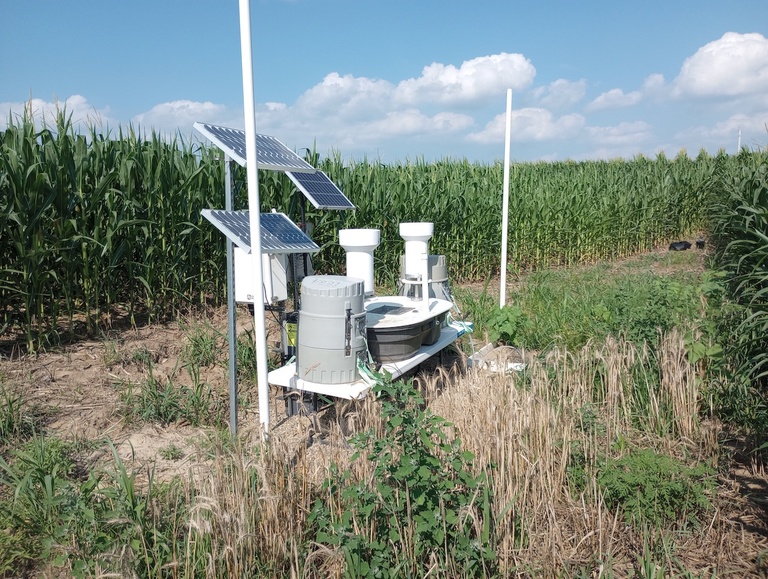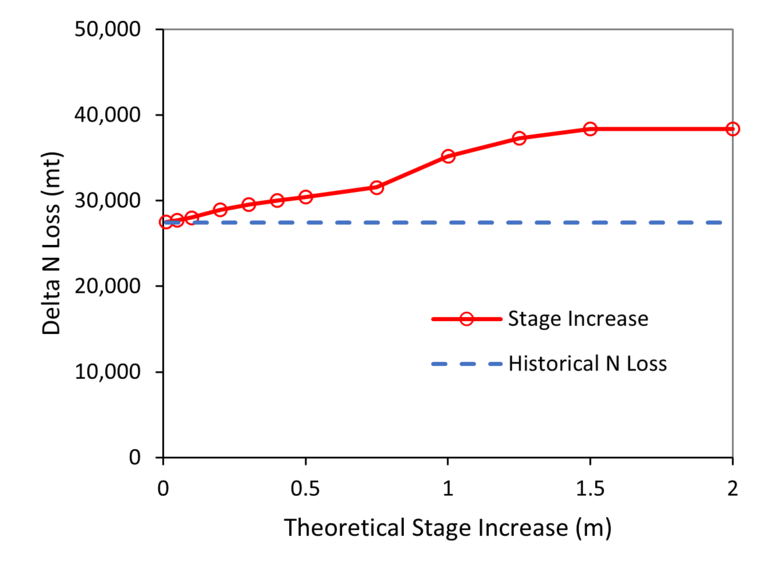
This month's ESAC sustainability spotlight is on Elliot Anderson, PhD. He is a postdoctoral research scholar at the Iowa Geological Survey.
Education:
PhD, The University of Iowa, 2022
MS, The University of Illinois at Chicago, 2019
BS, Purdue University, 2014
Research areas:
Water quality
Pollutant transport
Eutrophication
How have your individual efforts or your lab group’s research addressed sustainability?
Much of our research addresses eutrophication (nutrient pollution in surface water), which is one of Iowa’s biggest environmental challenges. Eutrophication is a wide-ranging issue that requires sustainable solutions from a diverse set of stakeholders. We both investigate techniques for reducing nutrient transport and develop methods for tracking nutrient reduction progress.
Describe a recent completed or ongoing project involving sustainability. Is there a specific event, workshop, or collaboration you have participated in?
In a recent project, we collaborated with staff at the US Army Corps of Engineers to explore how management strategies for Iowa’s large flood control reservoirs (Coralville Lake, Lake Red Rock, and Saylorville Lake) can reduce the presence of nutrients. By increasing the amount of time water is stored in a reservoir, more nutrient loss can occur due to microbial activity or sedimentation. Because of the massive size of these waterbodies, they have the potential to facilitate nutrient reduction comparable to hundreds of other, more local practices. However, there are many other factors the Army Corps must consider when determining a reservoir’s water levels, such as recreation potential, wildlife impacts, and flood risk. Our research strives to provide Army Corps officials with the best information possible and guide sustainable management of these waterbodies.
Is there a publication (or publications) related to this work that you would like to provide a citation for?
- Anderson, E.S., & Schilling, K.E. (2024). Quantifying the impact of Iowa’s flood control reservoirs on nutrient and sediment reduction. (in preparation)
- Schilling, K. E., Streeter, M. T., Anderson, E., Merryman, J., Isenhart, T., Arenas-Amado, A., & Theiling, C. (2024). Potential for managing pool levels in a flood-control reservoir to increase nitrate-nitrogen load reductions. Journal of Environmental Quality, 53, 209–219. https://doi.org/10.1002/jeq2.20539
- Schilling, K. E., Anderson, E. S., Streeter, M. T., & Theiling, C. (2023). Long-term nitrate-nitrogen reductions in a large flood control reservoir. Journal of Hydrology, 620, 129533.
Is there anything else you would like to share about your work towards sustainability?
While reservoirs may prove a valuable tool for remediating nutrients already present in rivers and lakes, more sustainable solutions prevent nutrients from entering water in the first place. Much of our work involves developing best management practices that inhibit nutrient transport, especially in agricultural settings.

